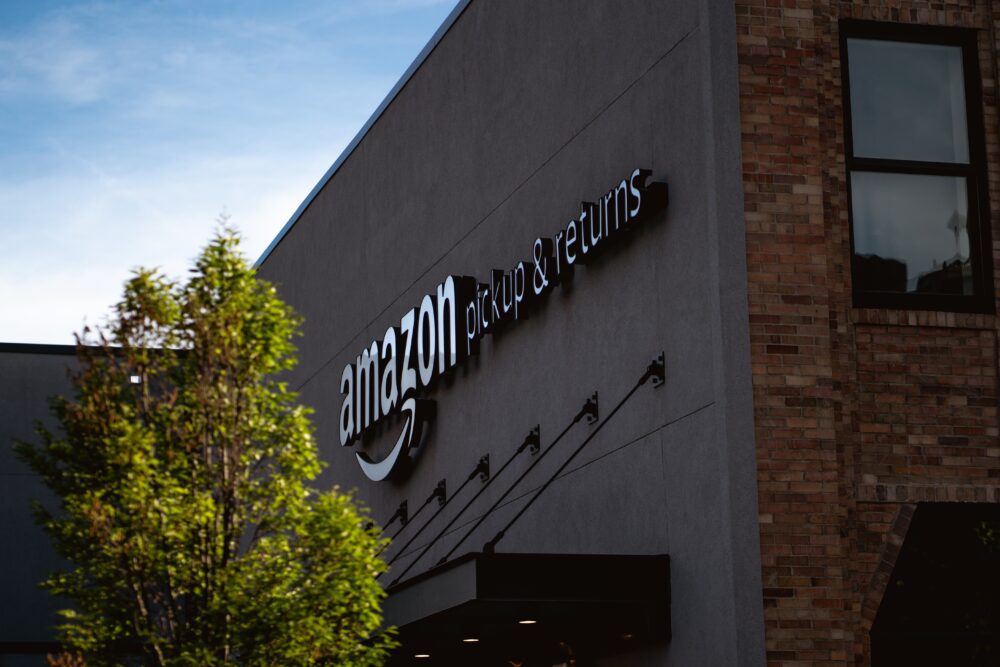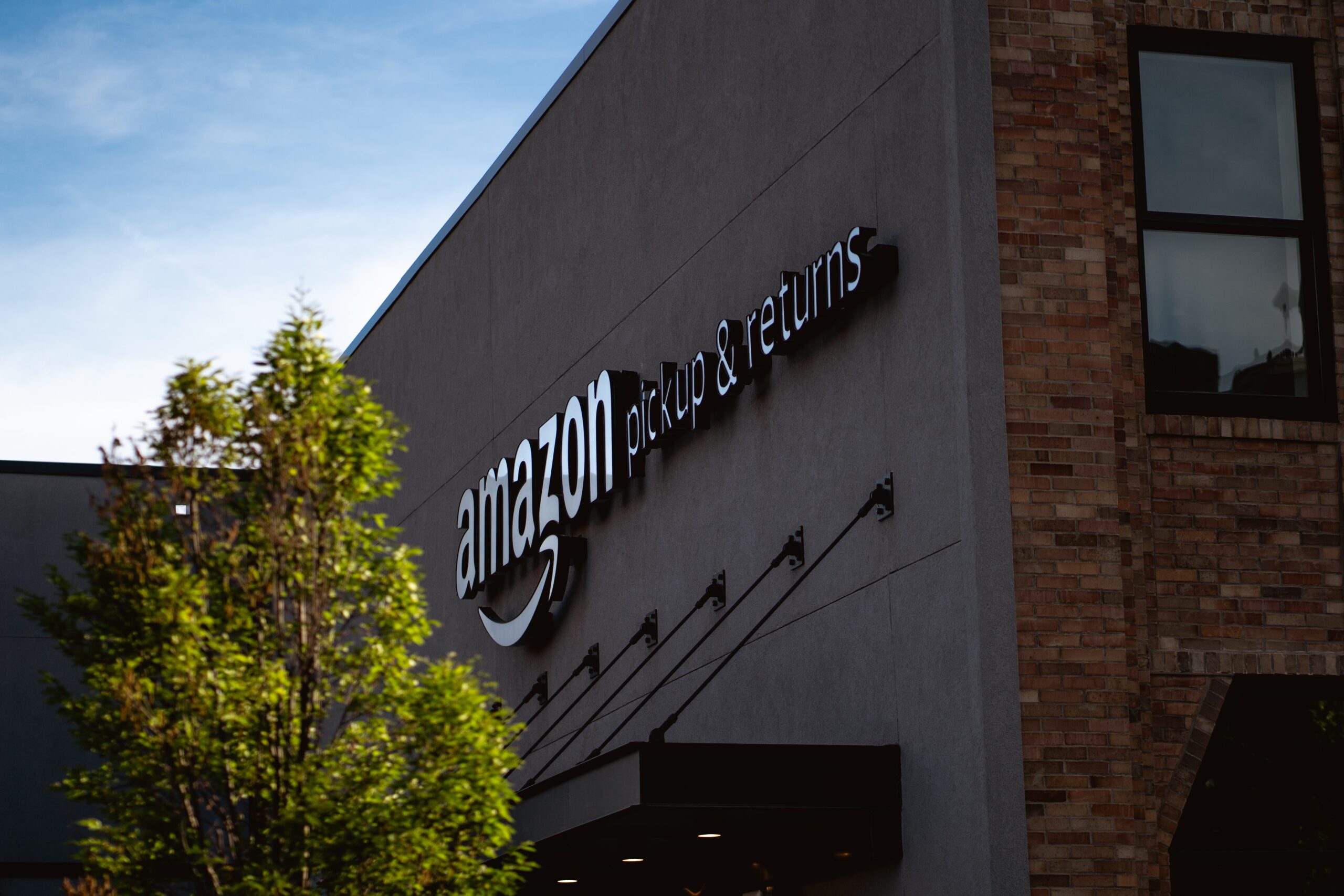massive 80 percent of Amazon shoppers in the UK plan to buy products on Amazon Prime Day later this year, according to new research commissioned by Molzi.
UK shoppers also voted Amazon Prime Day the most important ecommerce time for buying products online. More than four in ten (44 percent) of respondents said it ranks as number one, ahead of the likes of Black Friday (43 percent), January sales (24 percent), December Christmas shopping (23 percent) and Cyber Monday (22 percent). With Amazon Prime Day moving from July to later in the year, more than one quarter (26 percent) said they are now less likely to wait for Black Friday to buy Christmas gifts.

Interestingly, the majority of shoppers planning Amazon Prime Day purchases are waiting for special deals and promotions to influence their choices. Almost six in ten shoppers (57 percent) do not have specific products in mind, but the prospect of taking advantage of special deals is easily the biggest reason for shoppers to make Amazon Prime Day purchases (chosen by 65 percent of respondents). By contrast, less than half (46 percent) said they are likely to make the most of discounted prices for specific products they already have their eyes on.
Other major reasons for planning purchases on Amazon Prime Day include getting a head start on Christmas shopping (44 percent of respondents), avoiding the shops because of Covid-19 (34 percent) and shoppers treating themselves with money they saved during lockdown (22 percent).
Technology is expected to be the most popular category for Amazon Prime Day purchases. Almost four in ten (38 percent) said they are likely to buy technology products, followed by books (27 percent), clothes (25 percent), hobbies (25 percent) and personal care products (21 percent).
Delivery time is the number one factor driving purchase preference among UK shoppers, chosen by 57 percent of respondents – even ranking above discounts on the usual price (51 percent), reviews (43 percent) and high quality images and descriptions (29 percent).
With Amazon Prime Day moving from July to later in the year, more than one quarter (26 percent) said they are now less likely to wait for Black Friday to buy Christmas gifts.
UK shoppers are also influenced by the prospect of Amazon prices increasing as a result of Brexit and the Digital Services Tax that will see UK sellers’ fees increase by 2 percent from this month. Over one quarter of respondents (28 percent) said they are more likely to buy products this year amid fear around price rises.
“The data makes it irrefutable: Amazon Prime Day is a huge deal for online shoppers. Amazon hasn’t even revealed the date yet, but the great British public is already intending to cash in on flash deals. And with more than half of shoppers undecided on which products to buy, the coming weeks will see an enormous scramble for brands to capture market share around this lucrative spike in the ecommerce calendar”, said Chris Mole, CEO of Molzi.
“It’s not as simple as listing discounted products and expecting sales to come flooding in. Amazon is a complex platform and shopper purchase preferences are highly nuanced. Brands with a progressive strategy will reap the rewards, but brands that bank on simply extending discounts are missing a trick,” Mole continued.
Of all age groups polled, 25-34 year olds are most likely to buy products on Amazon Prime Day (91 percent) and to rank delivery time as the main factor driving purchase preference (67 percent). However, the most likely demographic to take advantage of special deals is 55+ years (73 percent), suggesting the grey pound could make up a big proportion of revenue opportunities.
Methodology Online survey polling 1,001 consumers who order on Amazon at least twice a month. Survey conducted by Censuswide, 19-21 August 2020.

















